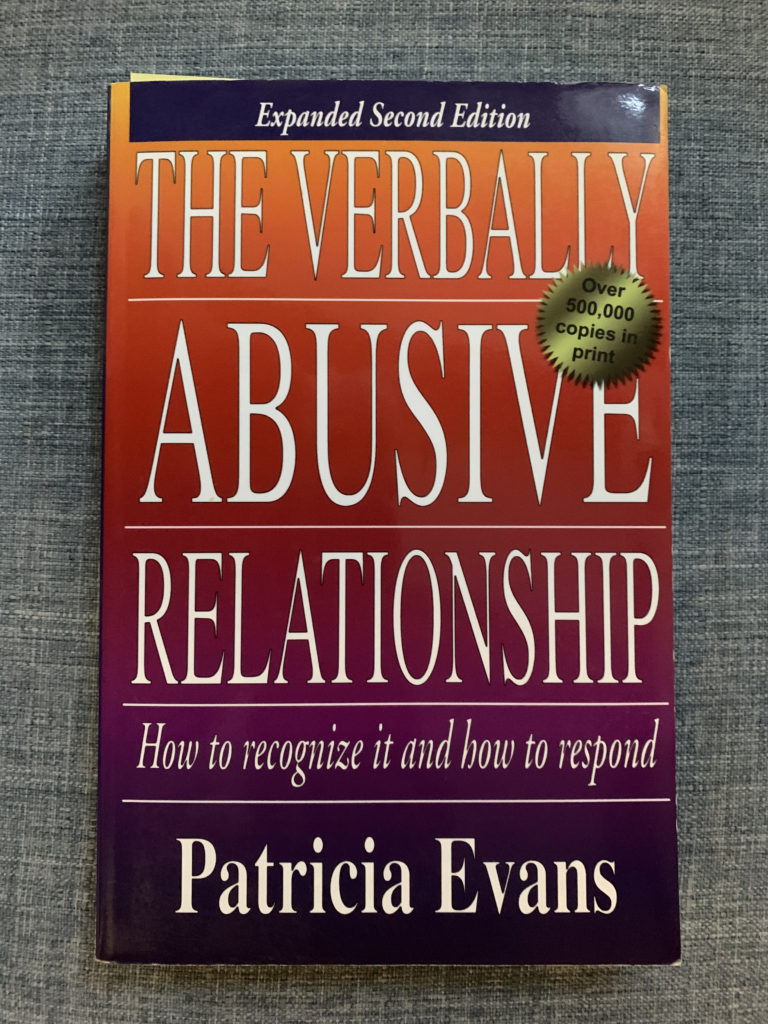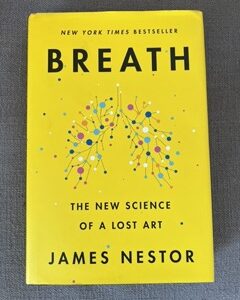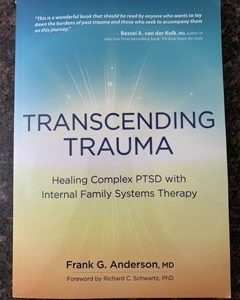
Book Review: The Verbally Abusive Relationship: How to recognize it and how to respond, by Patricia Evans
When working with clients, I attempt to empower them and included in this, I provide them resources. One resource that I often suggest to clients is reading, The Verbally Abusive Relationship: How to recognize it and how to respond, by Patricia Evans. I wanted to share some of her concepts here because so many of the clients I work with have first hand experience with verbally abusive relationships.
Over the years, while in private practice and working within a number of agencies, many individuals have walked into my office seeking help and support after leaving an abusive marriage or relationship, attempting to heal after years of childhood abuse and/or wanting to learn how not to recreate an abusive relationship from the past. It is also common to begin working with a client, and through our work together, my client realizes that they are in an abusive relationship. Many people are unable to recognize verbal abuse when it is happening to them every day.
Why is it so hard to recognize abuse?
1. Mostly, verbal abuse is secretive. Usually only the partner of the abuser hears it.
2. Verbal abuse becomes more intense over time. The partner becomes used to it and adapted to it.
3. Verbal abuse takes many forms and disguises.
4. Verbal abuse consistently discounts the partner’s perception of the abuse. (Evans, p. 23)
Are you experiencing verbal abuse in a relationship?
Here is an evaluation to help you determine if you are experiencing verbal abuse in a relationship. Please note that this author uses “he” and “him” in the questionnaire and in the book. Evans recognizes that both men and women are in abusive relationships and speaks directly concerning her pronoun choices in her book. Please change the pronouns when necessary.
1. He seems irritated or angry with you several times a week or more although you hadn’t meant to upset them. You are surprised each time. (He says he’s not mad when you ask him what he’s mad about, or tells you in some way that it’s your fault.)
2. When you feel hurt and try to discuss your upset feelings with him, you don’t feel as if the issue has been fully resolved, so you don’t feel happy and relieved, nor do you have a feeling that you’ve “kissed and made up.” (He says, “You’re just trying to start an argument!” or in some other way expresses his refusal to discuss the situation.)
3. You frequently feel perplexed and frustrated by his responses because you can’t get him to understand your intentions.
4. You are upset not so much about concrete issues-how much time to spend with each other, where to go on vacation, etc.-as about the communication in the relationship: what he thinks you said and what you heard him say.
5. You sometimes wonder, “What’s wrong with me? I shouldn’t feel so bad.”
6. He rarely, if ever, seems to want to share his thoughts or plans with you.
7. He seems to take the opposite view from you on almost everything you mention, and his view is not qualified by “I think” or “I believe” or “I feel”- as if your view were wrong and his were right
8. You sometimes wonder if he perceives you as a separate person
9. You can’t recall saying to him, “Cut it out!” or, “Stop it!”
10. He is either angry or has “no idea of what you’re talking about” when you try to discuss an issue with him. (Evans, p. 24)
If you have agreed with two or more of these statements, this book will support you in recognizing verbal abuse. The following is a list of basic rights that all are allowed to have in a relationship. Notice if you have all of these rights in your current relationship.
Basic Rights in a Relationship:
1. The right to goodwill from the other.
2. The right to emotional support.
3. The right to be heard by the other and to be responded to with courtesy.
4. The right to have your own view, even if your mate has a different view.
5. The right to have your feelings and experience acknowledged as real.
6. The right to receive a sincere apology for any jokes you find offensive.
7. The right to clear and informative answers to questions that concern what is legitimately your business.
8. The right to live free from accusation and blame.
9. The right to live free from criticism and judgment.
10. The right to have your work and your interests spoken of with respect.
11. The right to encouragement.
12. The right to live free from emotional and physical abuse.
13. The right to live free from angry outbursts and rage.
14. The right to be called by no name that devalues you.
15. The right to be respectfully asked rather than ordered. (Evans, p.122)
How do I get help?
For anyone who may be just waking up to the abusive relationship they are in or seeking support and healing from past abuse, I always say to my clients that everything is workable. I believe it and have seen it in my office. It is when a person is given time and space, the ability to transform one’s life is possible. I have been fortunate enough to be able to witness this transformation many times and I would encourage you to seek help and support.
Source: Evans, p., (1992). The Verbally Abusive Relationship: How to recognize it and how to respond. Adams Media, Canada.
Website: Go to Patricia Evans website www.verbalabuse.com for more information
Order Book: Go to Amazon
Resources: For more books and resources on trauma and abuse, click HERE.
To get more information or to set up an appointment, please contact us today at 303-919-4149.
Contact Us Today!
If you are interested in setting up a session with Dr. Davis, please call today at 303-919-4149. You may also send an email using the form below. Dr. Davis will try to respond to your email as soon as she is able during weekdays. If you have not heard from her, please check your spam folder to make sure you did not miss her reply.






